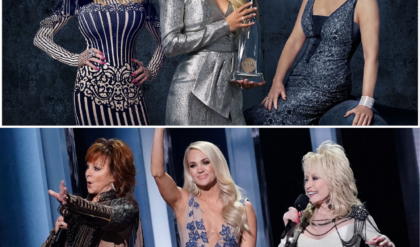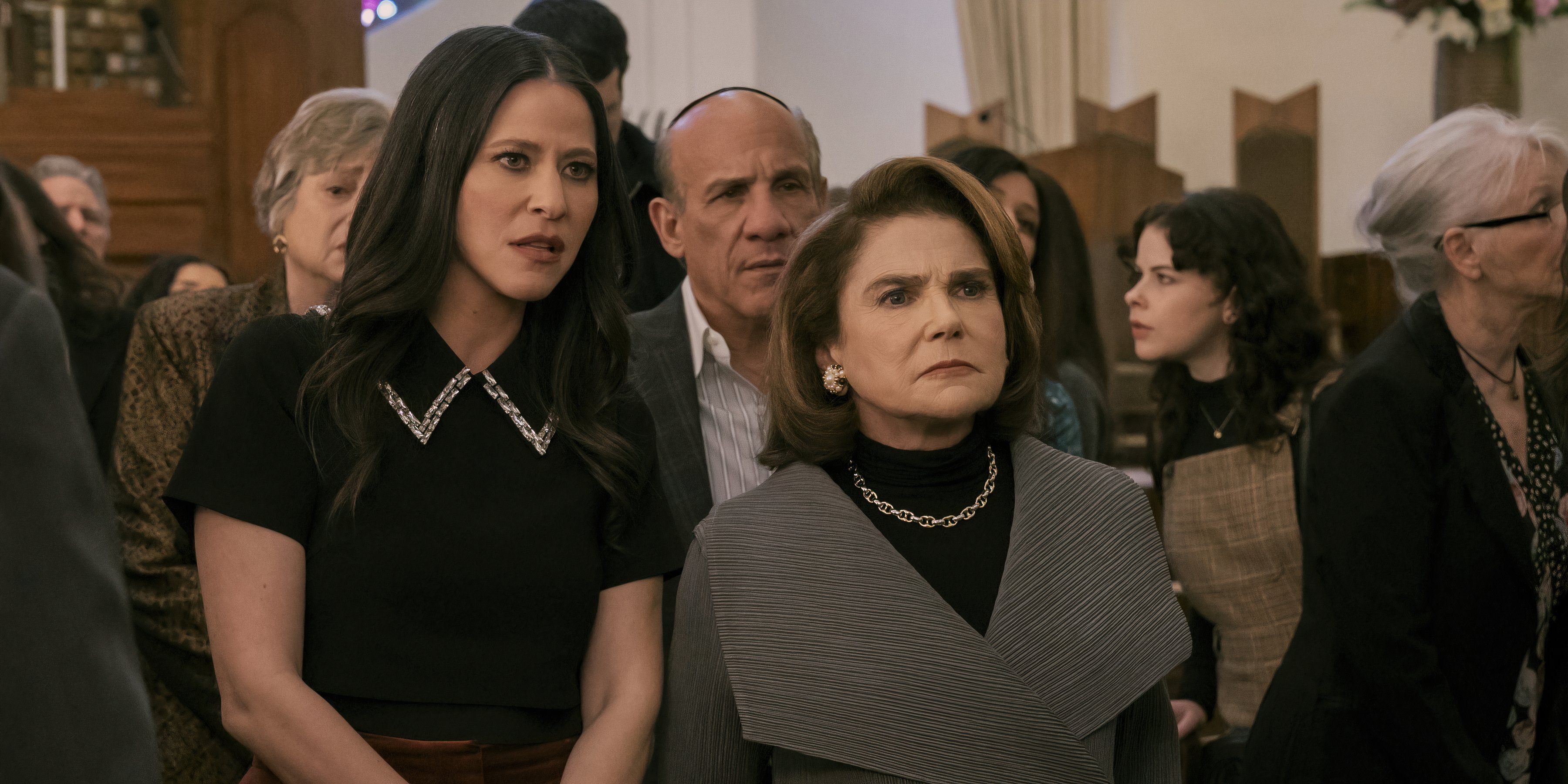
Warning: This article contains SPOILERS for Nobody Wants This.
Netflix’s Nobody Wants This has faced backlash and criticism for perpetuating certain Jewish stereotypes, raising questions about why some viewers and critics are upset. Since its release, the Netflix show has skyrocketed in popularity, becoming a global hit with an impressive 95% score on Rotten Tomatoes. The Adam Brody and Kristen Bell rom-com explores the love story of an agnostic podcaster and a Jewish rabbi who fall for one another despite their cultural and familial differences.
The story is semi-autobiographical, featuring an interfaith relationship that is similar to the one Erin Foster had with her now-husband Simon Tikhman before she converted and they married. Even with a Jewish woman as the creator, many people felt nervous about Nobody Wants This. Jewish stereotypes are unfortunately prevalent in the media, and the Netflix romantic comedy heavily features characters from that culture. Sadly, many members of the Jewish community came out of the series unhappy with the representation due to issues like the stereotyping of Jewish women and the use of the word “shiksa.”
Nobody Wants This Has Been Criticized For Stereotyping Jewish Women
Bina, Rebecca, And Esther Can Be Seen As Caricatures
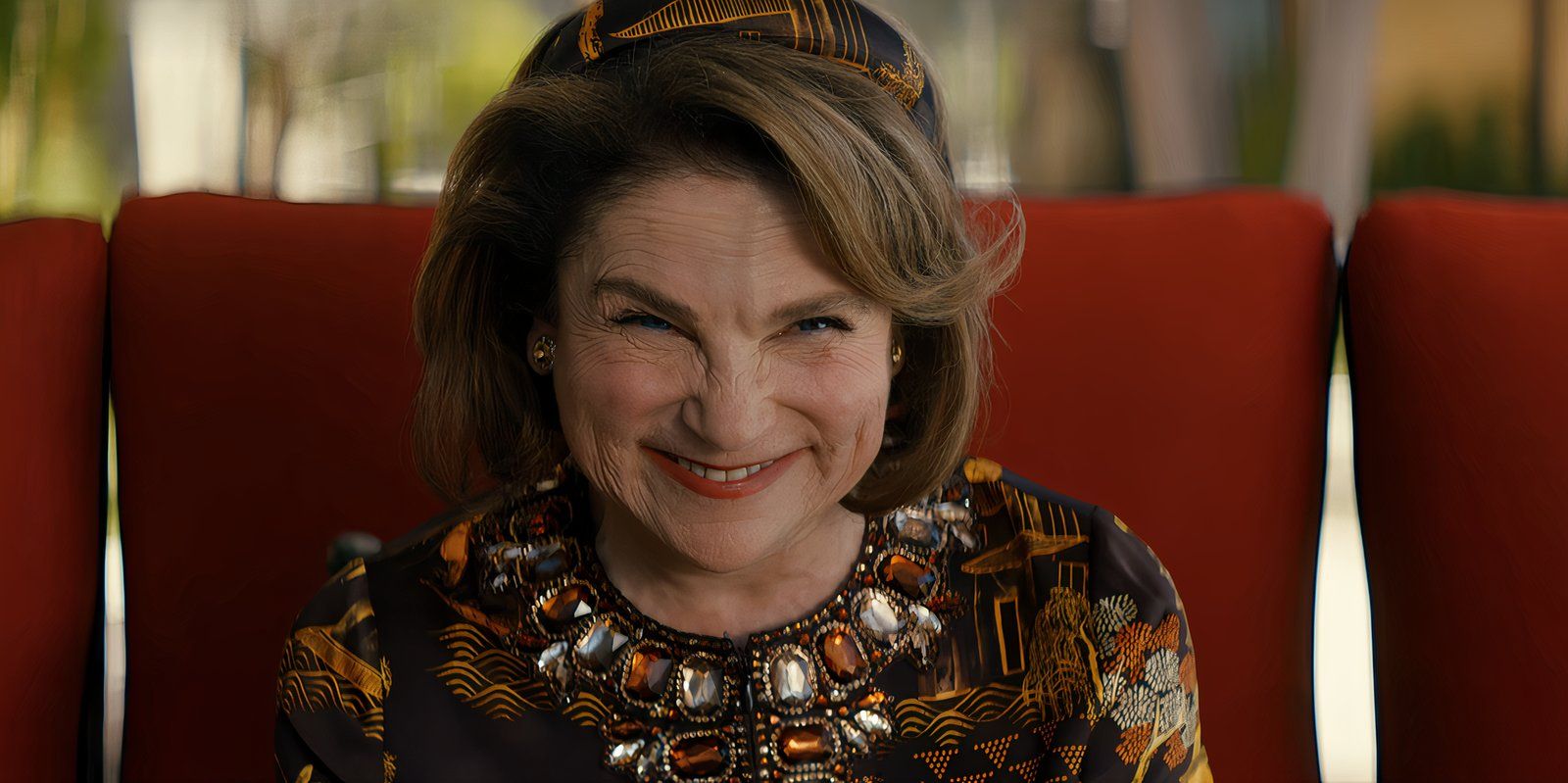
While the Netflix show has received overwhelming praise for showing many beautiful parts of Judaism, many viewers and writers have also criticized it for leaning into stereotypes of Jewish women. When it comes to the depiction of Jewish women on TV, stereotypes fall into the intersection of anti-semitism and misogyny. Jewish women have been stereotypically portrayed as greedy, pushy, aggressive, domineering, overbearing, neurotic, and liars – traits that are considered undesirable. Two of the most significant Jewish tropes that rely on these characteristics are the Jewish American princess and the Jewish mother.
Unfortunately, critics and audiences have noted all these traits as existing in Netflix’s Nobody Wants This. Some consider Rebecca neurotic, pushy, and selfish based on her introduction, which are typical traits of the Jewish American princess. Most criticisms of the show also point to Esther, Noah’s sister-in-law, who is presented as aggressive and domineering throughout the first two episodes. Noah’s mom, Bina, also immediately comes across as overbearing, controlling, and unwelcoming – characteristics of the Jewish mother trope. The characters all have other layers and soften throughout Nobody Wants This season 1, which could change the opinions of some audiences.
Nearly every Jewish character in Nobody Wants This is played by a Jewish actor, including Adam Brody, Tovah Feldshuh, and Jackie Tohn.
It’s important when discussing stereotypes to look at the opinions of people directly impacted by the depiction. What’s a theoretical debate for some is a lived reality for others, which shouldn’t be forgotten. Based on the reactions from Jewish women, there is a wide range of opinions about the show. Though Jessica Radloff liked the series overall, she wrote the following in Glamour:
“While I love Noah’s commitment to Judaism, and just the fact that he’s one of the best TV boyfriends I’ve seen in some time, I can’t say the same about the other Jewish characters on the show—primarily the women. Would it be too much just to see Jewish characters in shows without feeling othered?”
Esther Zuckerman of TIME had a much less favorable opinion of the series, feeling more upset by the Jewish women stereotypes. Zuckerman wrote the following:
“[T]he series seems to loathe Jewish women, who are portrayed as nags, harpies, and the ultimate villains of this story. I wanted to be swept away by a rom-com. Instead, I was faced with the reality that maybe this show actually hates me.”
On the other hand, Jackie Tohn, the Jewish actor who played Esther in the show, pushed back on the idea that Esther and the other characters in Nobody Wants This paint Jewish women in a bad light. She told TODAY.com this:
“I don’t watch the show thinking it makes us look bad. That’s not my takeaway…Like, we’re making a TV show. We’re going to lean into a couple things you’ve heard before about Jews, and then we’re going to try and disprove some of that.”
Ultimately, the subject is complicated, and there’s no consensus among Jewish women about whether the depiction of Nobody Wants This is harmful to their community. The show falls into a middle ground where it’s not explicitly labeled positive or negative.
Nobody Wants This Also Faced Backlash For Its Use Of The Word “Shiska”
The Word “Shiksa” Is Often Considered A Slur For Non-Jewish Women
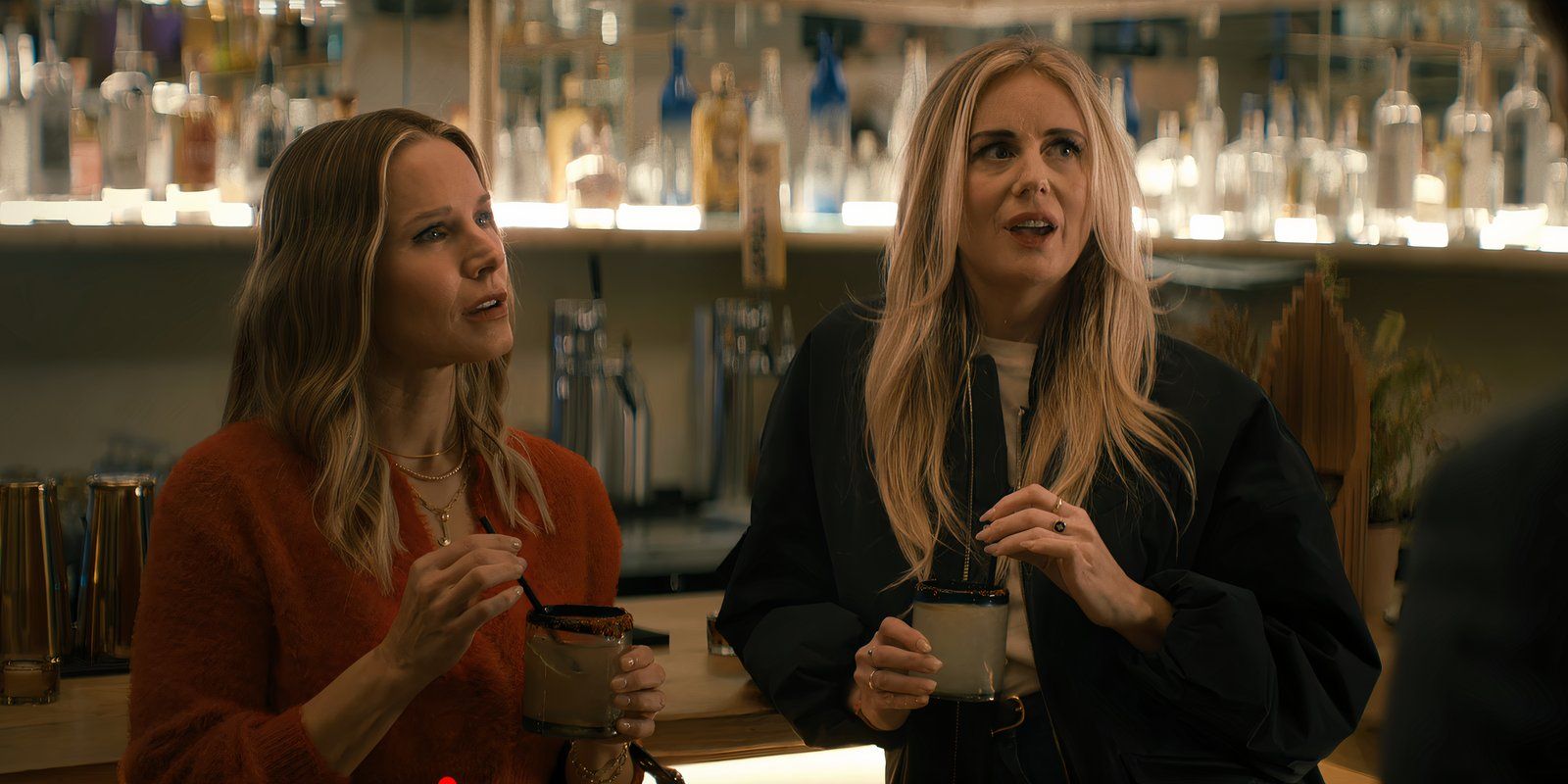
In addition to the controversy surrounding the depiction of Jewish women, the Netflix show has also faced criticism for using and misrepresenting the word “shiksa.” When discussing the term with Joanne, Noah explains that the word originally meant detestable but that it now means a hot, blonde non-Jew. Jewish writers and audiences immediately point out that Noah is wrong in the way he explains what a “shiksa” is in Nobody Wants This.
The word “shiksa” comes from the word “sheketz,” which can mean abomination, impure, and detestable thing. The term was also used to describe dirty or non-kosher animals. Most Jewish people have agreed that it’s still offensive. Generally, the word “shiksa” is pejorative, but it can also be considered a slur against non-Jewish women. On the other side of the argument, many Jewish women who converted and non-Jewish partners to Jewish men have reclaimed the term, giving it a more neutral or positive connotation.
Nobody Wants This also brought up the question of whether the word should be used at all. As Jewish communities have become more welcoming of interfaith relationships, many people have argued in favor of eliminating the term. This sentiment is strong in Reform Judaism – the most widely practiced form of Judaism – since rabbis are allowed to perform marriages between Jewish and non-Jewish people. After watching Nobody Wants This, writers Lior Zaltman of Kveller and Kylie Ora Lobell of Jewish Journal reiterated their position that Jewish people should retire the term once and for all.
What Nobody Wants This’ Creator, Erin Foster, Said About The Criticisms
Erin Foster Pushed Back Against The Accusation That She Perpetuated Stereotypes
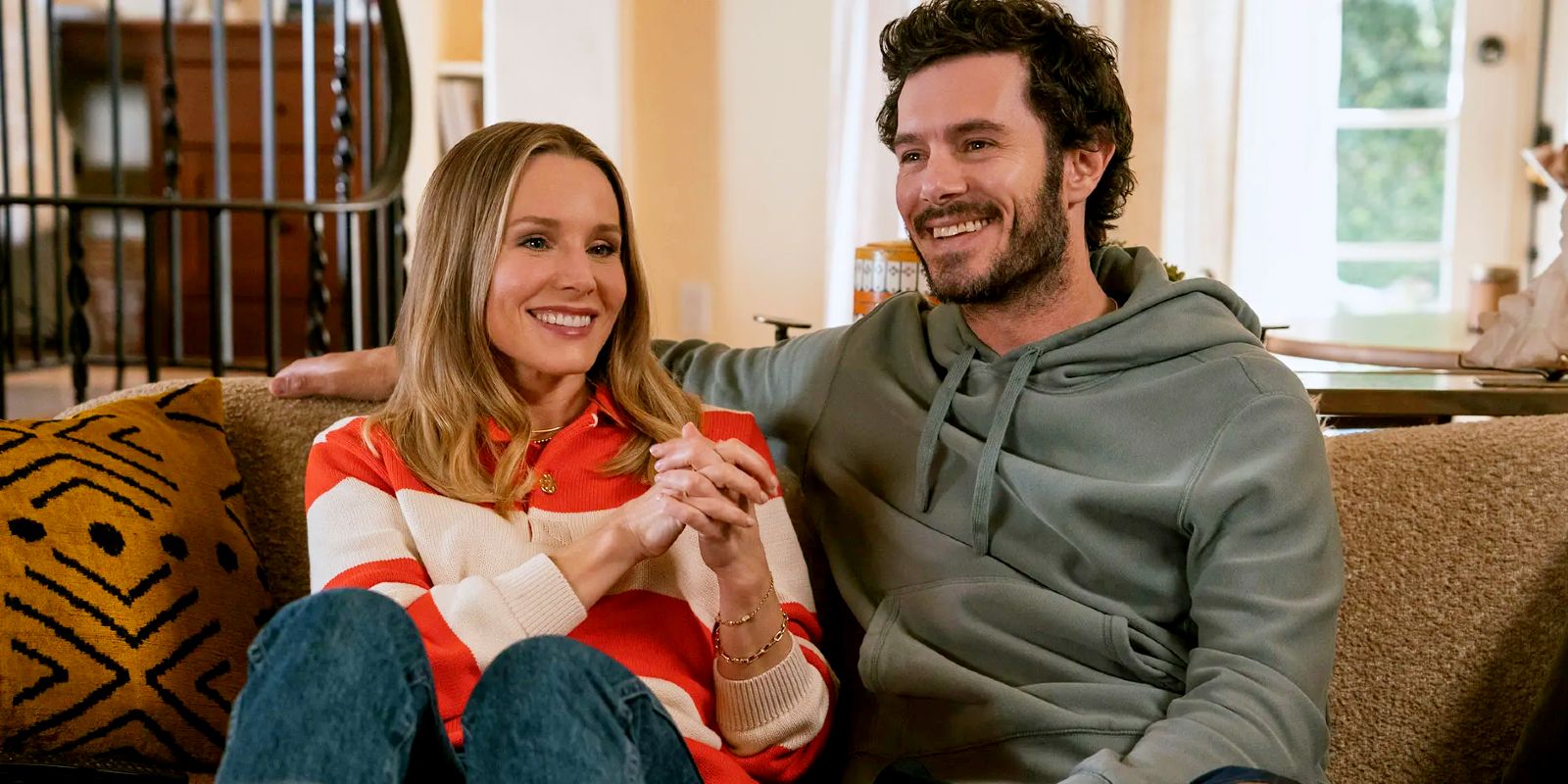
Before the release, Nobody Wants This’ creator, Erin Foster, admitted to Elizabeth Karpen of Hey Alma that she didn’t think about the depiction of Jewish women when making the show. Since the release of the Netflix rom-com, Erin Foster has stood by her depiction of the Jewish community and culture in the TV show, pushing back against the idea that she leaned into stereotypes. She addressed the Nobody Wants This criticism by saying the following:
“I think it’s interesting when people focus on, ‘Oh, this is a stereotype of Jewish people,’ when you have a rabbi as the lead. A hot, cool, young rabbi who smokes weed. That’s the antithesis of how people view a Jewish rabbi, right? If I made the Jewish parents, like, two granola hippies on a farm, then someone would write, ‘I’ve never met a Jewish person like that before…and that doesn’t represent us well.’”
Based on Erin Foster’s statement, it’s hard to deny that Bina was a caricature of a Jewish mother. She seems to acknowledge that potential issue, even if she writes it off. Still, Foster would rather focus on how Noah isn’t a stereotype of a rabbi, emphasizing the positive aspects of how Nobody Wants This represents Judaism, than acknowledge the possible flaws.
